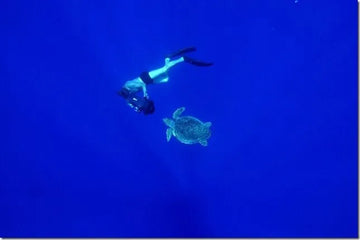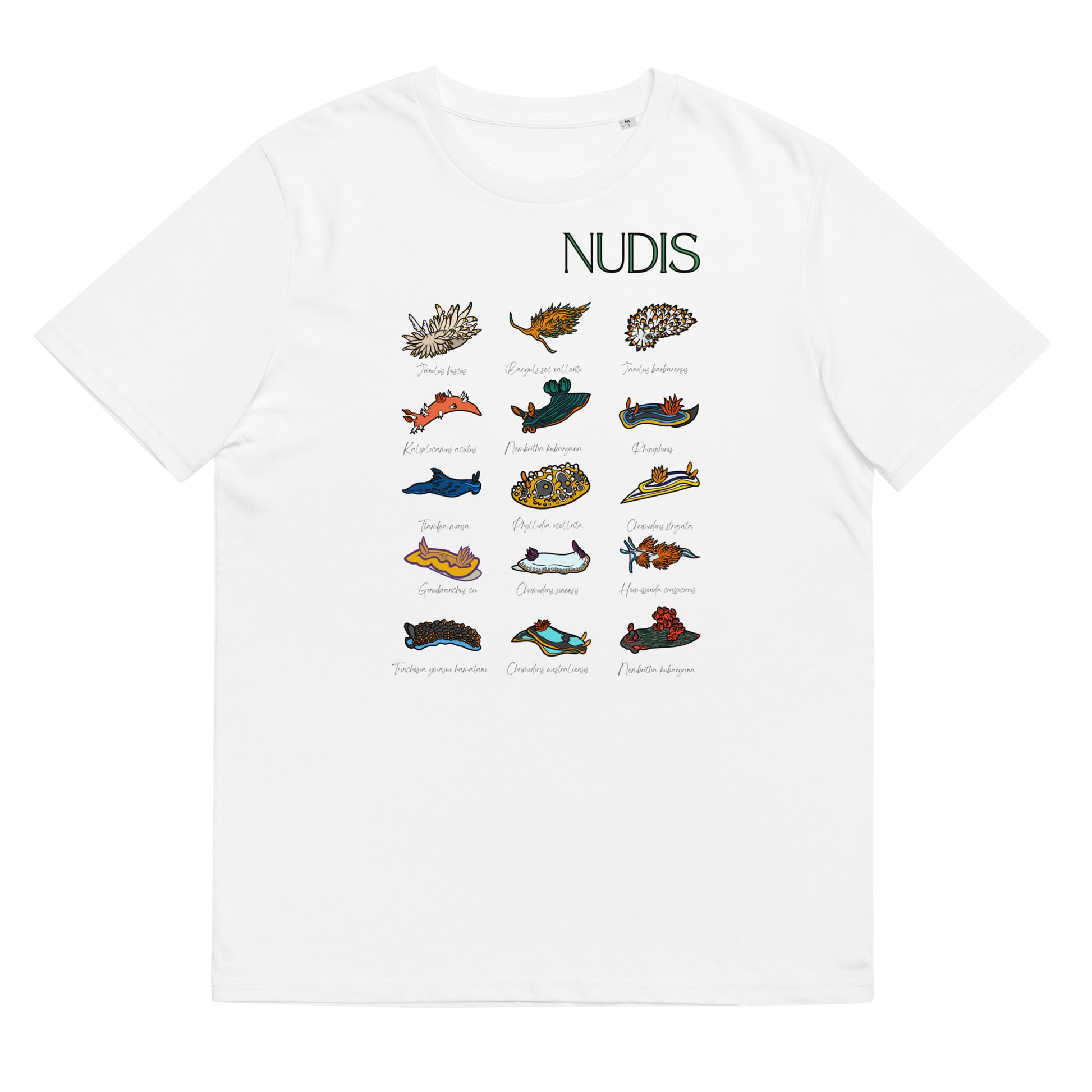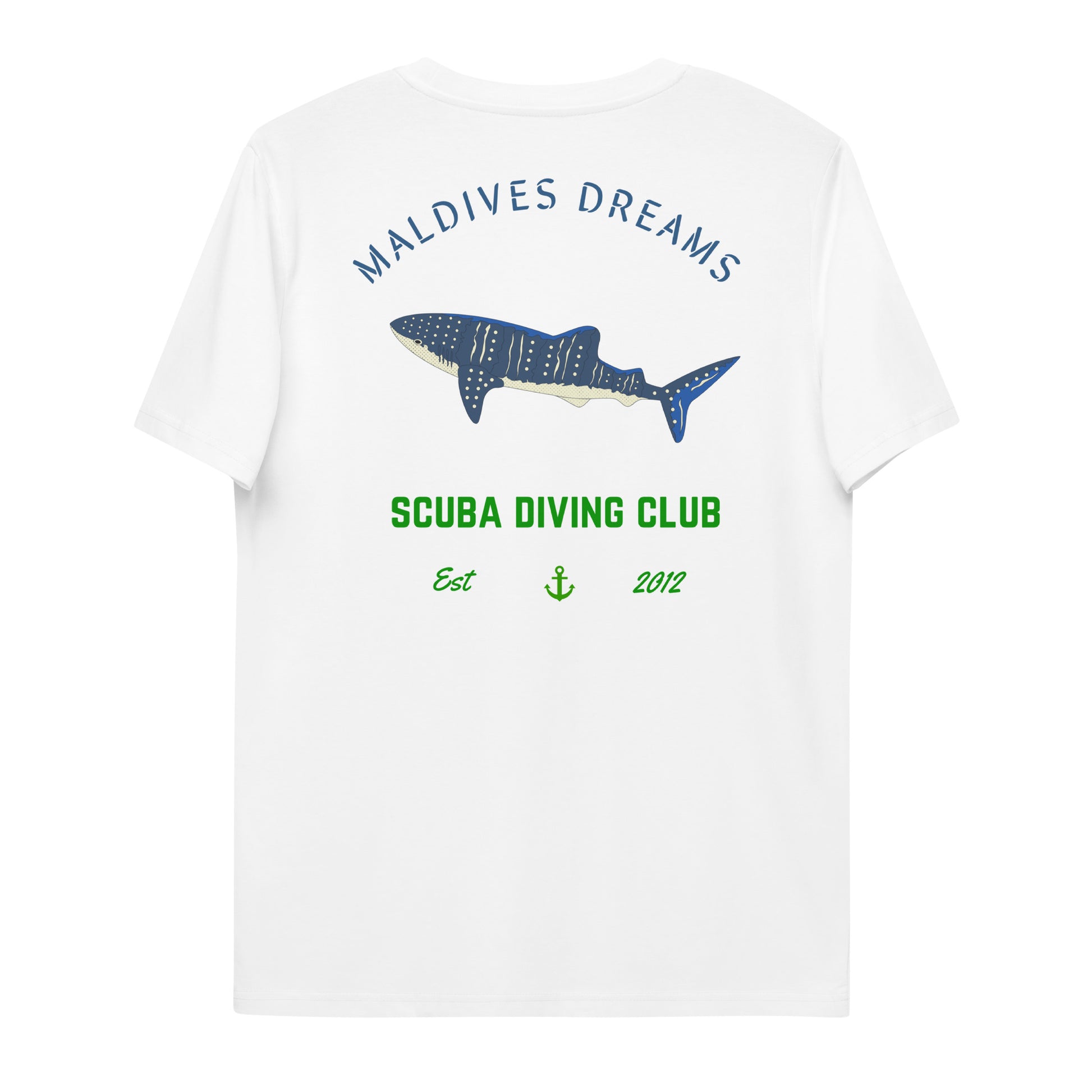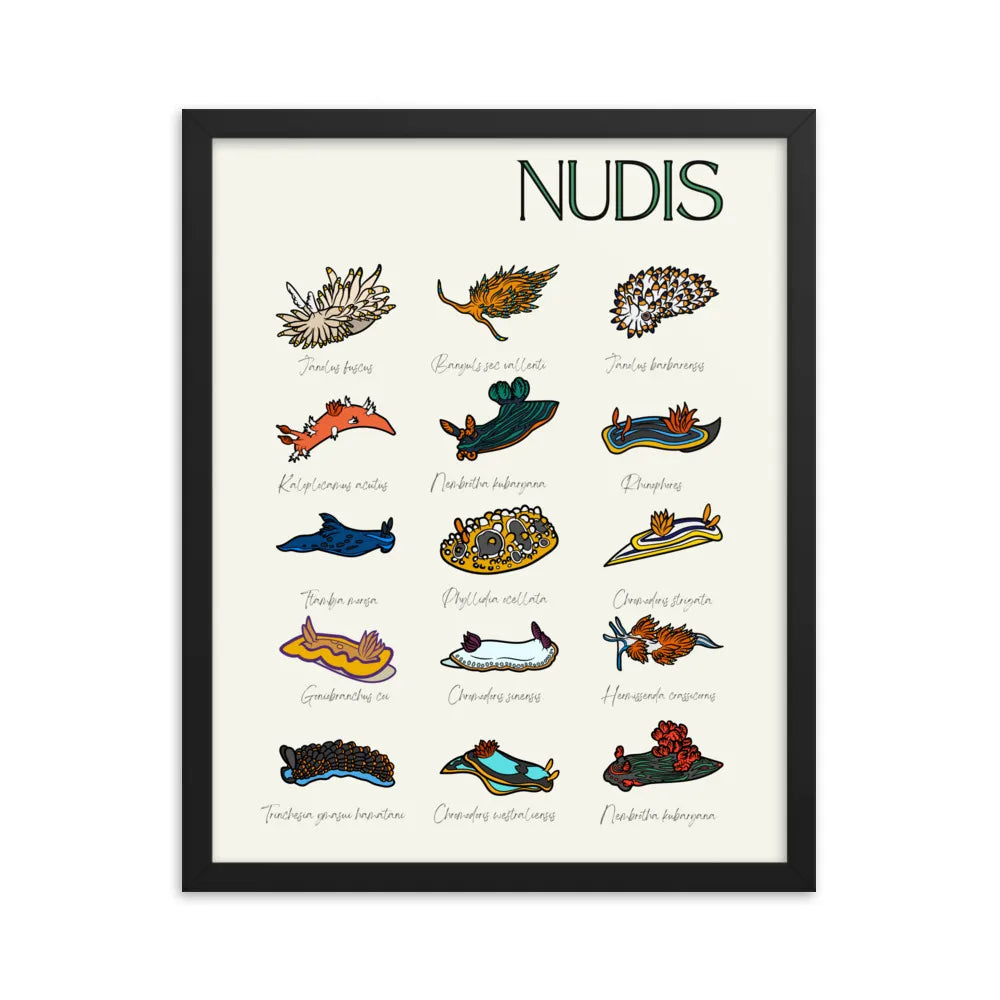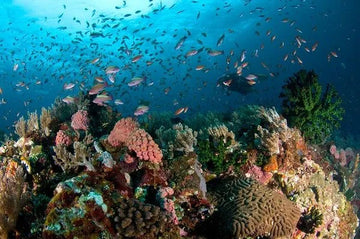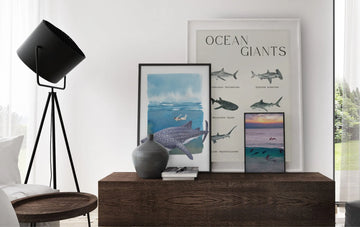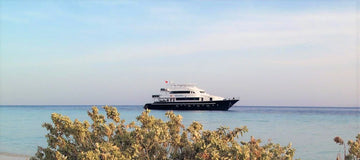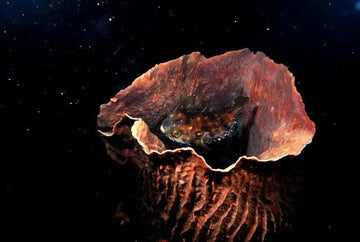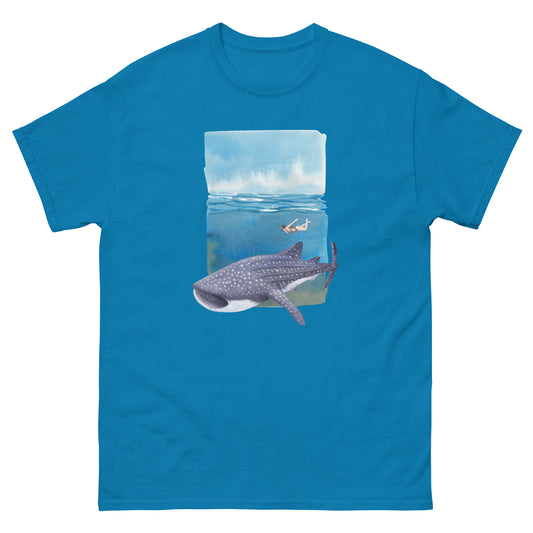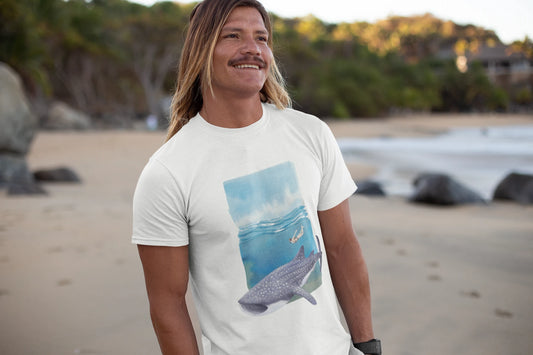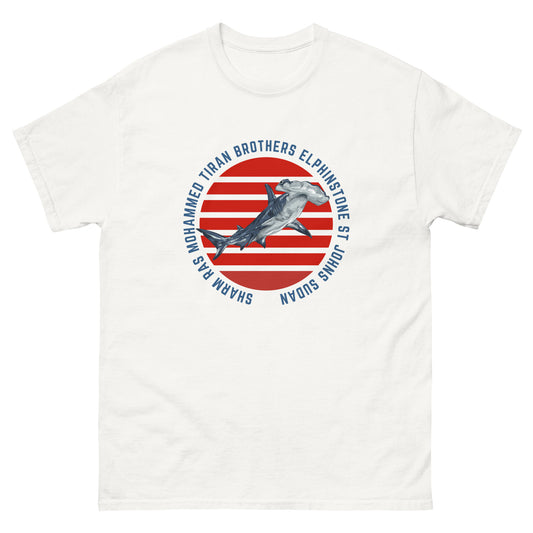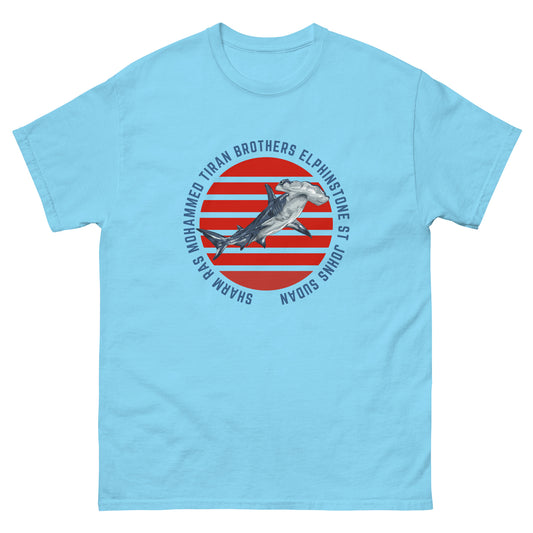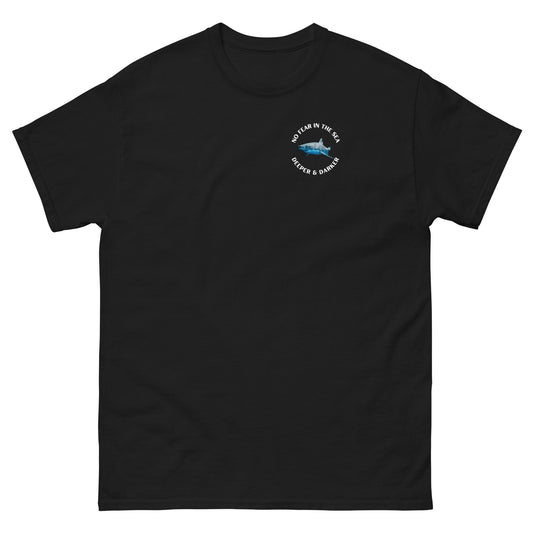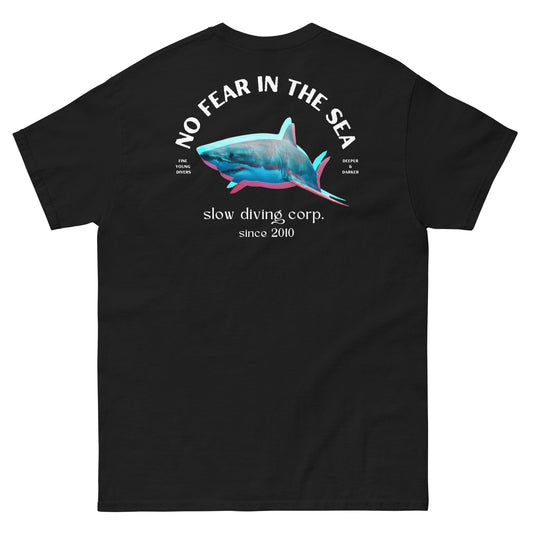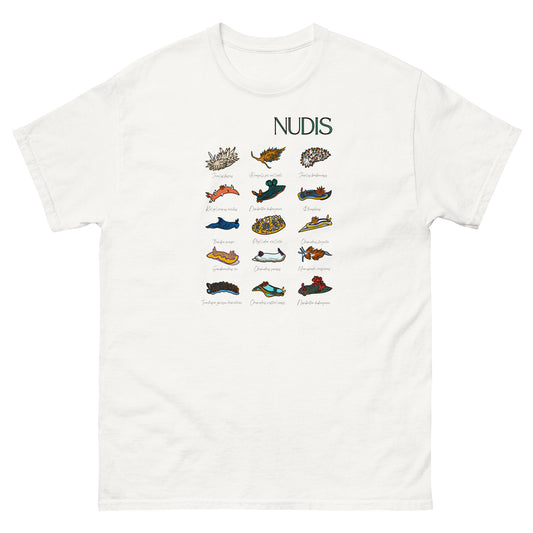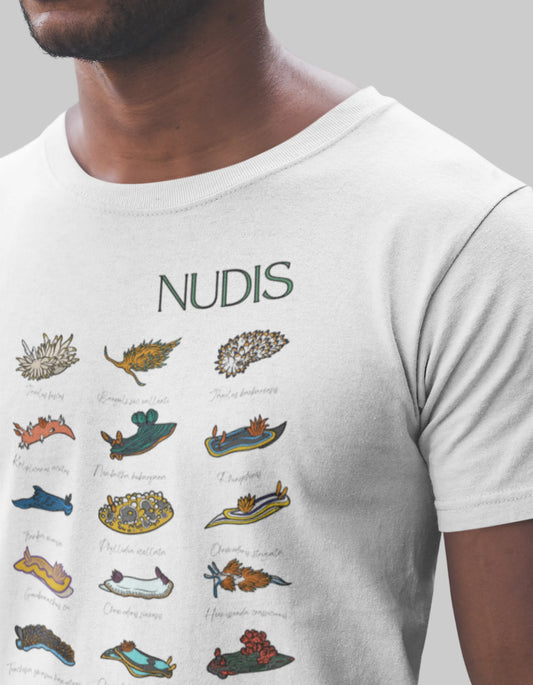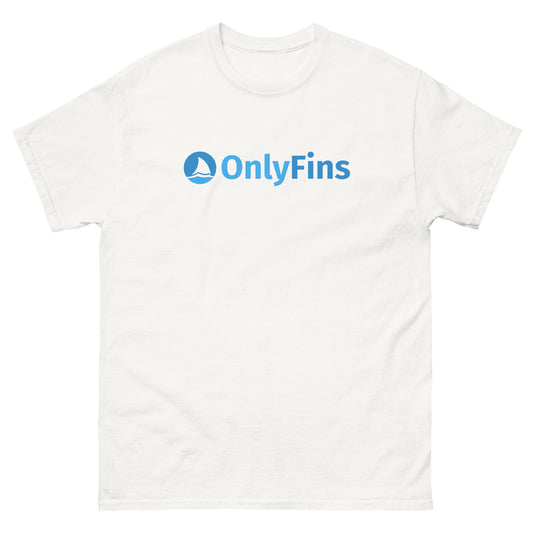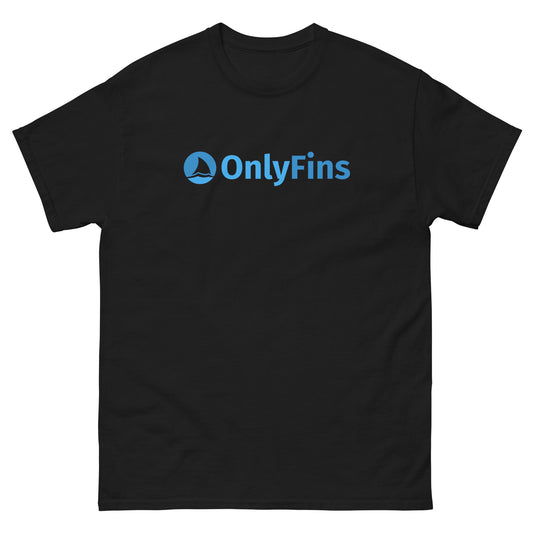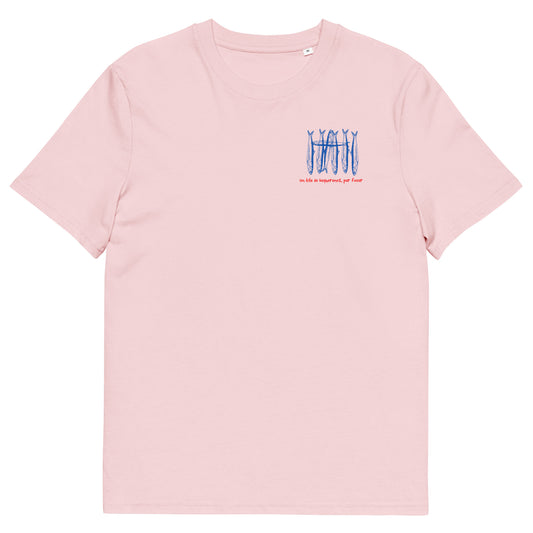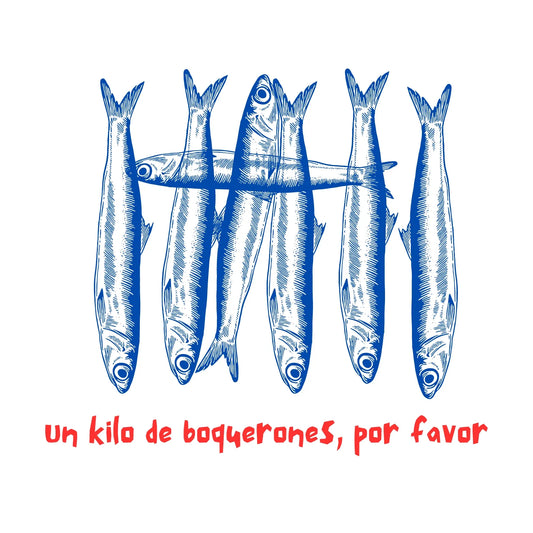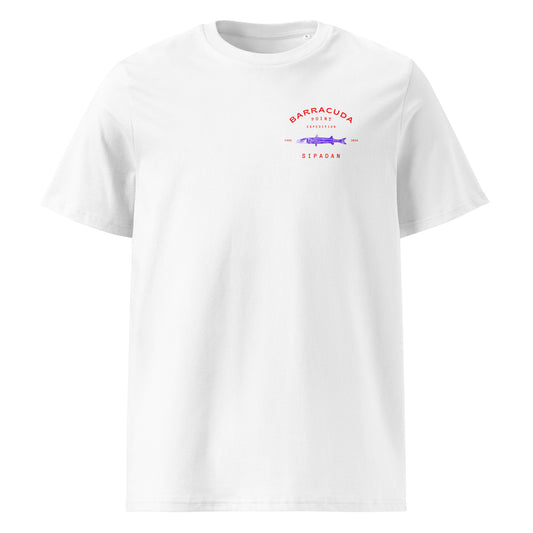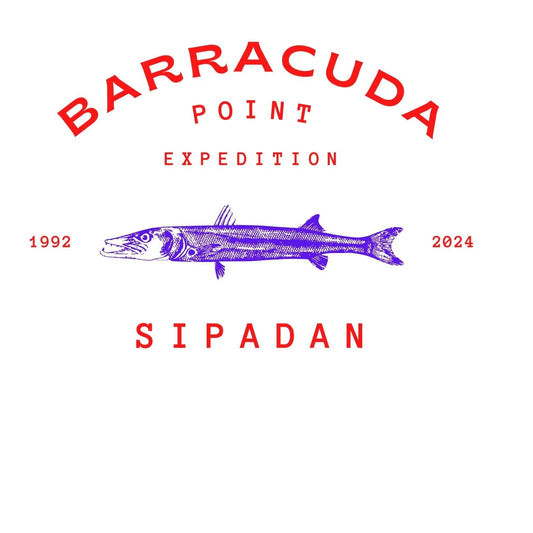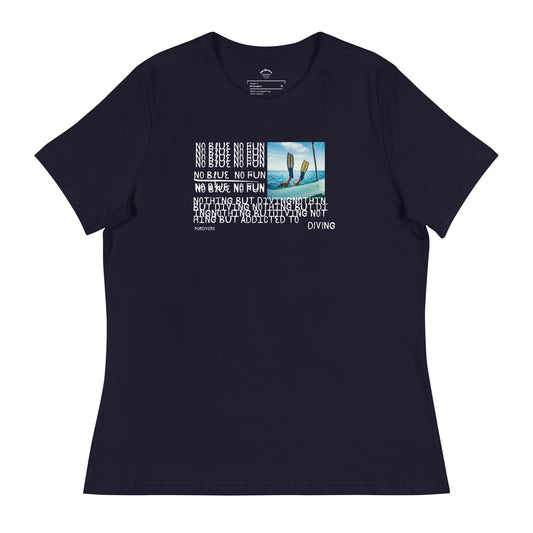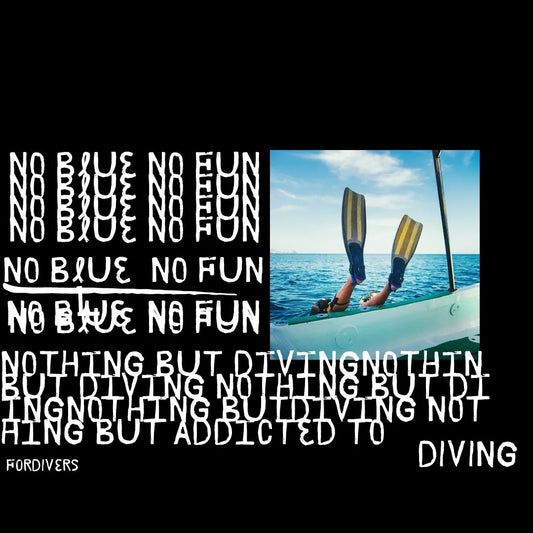It is very common to hear among professional divers, among the reasons to dedicate themselves to diving body and soul, that they have achieved thanks to their love for the sea, their passion for marine life, their attraction to the oceans. Many of those who feel seduced by the sea, actually, a significant number of divers, wonder at some point: "Could I make a living from diving?"
Rafa Herrero Massieu is one of those people who have always done everything possible to be close to the sea, inside the sea actually, and to make a living from it.

"I have a need to be in constant contact with the sea, and the best way to meet that need was by becoming an underwater cameraman". Rafa, Director and founder of Aquawork, a company specializing in underwater filming, is an expert documentarian of the Canarian seabeds. A diver who chose to turn his passion into his way of life. With tenacity, effort, and sacrifice, he has turned his passion into his daily life, his love for the sea into his work.
T-shirts designed by divers for divers
VIEW MORE T-SHIRTS FOR DIVERS
Shadows in the Blue by Rafa Herrero Massieu
The love story between Rafa and the sea begins just a few meters from Las Alcaravaneras Beach, in Las Palmas, where he was raised. It was then, as a child, that he began to explore its seabeds with a simple snorkel and goggles, forging a passion that solidified over the years.
The evolution in people's lives is made up of small steps that end up shaping your future. Military service was one of those steps that Rafa took advantage of, in 1982, to take a course that would change his life and keep him underwater for the following years.
This evolution towards professional diving was filled with highly demanding challenges. Starting in diving as a combat diver is not the same as beginning to dive as we do today. "The first dives were tough training," recalls Rafa. "After the month and a half course, I completed the rest of military service, 14 months, in Cartagena. Those long night orientation swims, 3-5 meters below the surface, where the phosphorescence of plankton created a luminous halo in the darkness of the night, were magical." From there to becoming a diver was a small leap, and he soon received offers. "My first job as a professional diver was in a small fishing fleet of 4 boats in Guinea Conakry, always offshore, to free the entanglements of the nets in the propellers. I still vividly remember one of those dives, immersed in the task of freeing the nets caught by the propeller as quickly as possible. There were always many sharks behind the boats, and I didn't feel safe at all. Suddenly, I felt the gaze of something behind me; it was three bottlenose dolphins, just two meters away, curious. I went from being an agile diver to a clumsy thing that couldn't stop making arrhythmic movements. I realized how much I stood out in their world. It was a few magical seconds that I still cherish and that marked a very distant beginning of my contact with cetaceans."

After years immersed in hard underwater jobs in hydraulic works and docks, which further increased his interest in the underwater world, he began to get involved in science, awakening that naturalistic personality he had always had but had not had the opportunity to express so intensely. That was when he began to collaborate with the Institute of Marine Sciences and the University of Las Palmas. At that moment, Rafa began to feel the need to capture his moments underwater, to document what was happening in the waters of his islands. Through his camera at the time, a Nikonos V, he began to see himself as a photographer with potential. A great need was born in him. "I photographed everything within reach of the lens, I was not satisfied with just seeing things; I wanted to know what species they were, how they lived, how they fed, and related."
Unknown Witness
The Best Gifts for Divers - Worldwide Shipping!
SEE MORE GIFTS FOR DIVERS
That eagerness to discover and document, along with countless dives, eventually turned into a book "Bajo el Azul, fauna submarina de las Islas Canarias", published in 1995, where Rafa showcases some of the best photographs he had up to that date. Rafa wanted to show, as stated in the prologue of the work: "That sea, a silent witness to our history, the eternal companion of the islands. That sea that whitens our coasts, leaving us its salty flavor. That unknown sea, full of riches yet to be discovered."
Rafa then knew that his career documenting his islands had just begun and, of course, had no end. "While preparing the book," Rafa points out, "I carried out and directed the documentary project "Canarias bajo el mar." This series of 10 documentaries, which had the intense dedication of scientists, guides, and cameras, was directed by Rafa. After more than 500 dives, they created a documentation work that managed to demonstrate that the Canary Islands host the greatest variety of marine species in Europe and West Africa. "This work," Rafa continues, "sowed the seeds of what was going to be my later profession as an underwater cameraman and director."

In "Canarias bajo el mar," underwater cameraman Antonio Femenía also participated, handling with absolute precision a 120 kg underwater housing he built himself and with which he achieved surprising balance in the water. After almost three months of expedition throughout the Canary Islands aboard a ship, both naturalists joined in an intense friendship that still exists today and has been crucial in their evolution as underwater cameramen.
In 1996, Rafa made another key decision in his life, ultimately leading to the founding of Aquawork. That year, he was deciding between opening a dive center (which we are sure would have been hugely successful considering his knowledge of the islands, its fauna, and dive sites) and an offer that arose as a manager in a monk seal conservation project in Western Sahara. "I weighed how tough the first year of operating the center was going to be and how the offer gave me the opportunity to participate in something very interesting. This project gave me the time to start as an underwater cameraman." So, after studying both projects extensively, he applied for a loan to buy a professional video camera and commissioned his friend Antonio Femenía to build the underwater housing that had worked so precisely in the documentaries of "Canarias bajo el mar." "Having the housing took him a year of continuous work until it was completely finished. He managed to create a beautiful 55 kg housing that accompanied me for 8 years," says Rafa, proud of his choice.
The Final Step, Achieving the Dream
Rafa is one of those who believes that passion for things is innate and comes with each of us at the moment of birth. He thinks that only small factors that bring out talent must converge. When you have a true passion for something, in his case, the sea, and you need to be in constant contact with underwater life, there is nothing more than giving small and constant pushes to achieve it. First, he became a professional diver, then a great photographer, and finally, in the present, he became an underwater cameraman who has opted for the foundation of his own company.
To develop his work in the best possible way and evolve in his role as an underwater cameraman, he has relied on a method that always works: trial and error. "I am from a generation that did not have the training opportunities that exist today; I had no choice." Today, Rafa dives with two high-definition Panasonic cameras (HVX200E and HVX201E), one for exteriors and the other with a Gates underwater housing. And as a good cameraman, he gives great importance to underwater lighting, for which he uses 8 Varilux spotlights from DragonSub.
For both photography and video, it is important to work as relaxed as possible. He always seeks to have enough time to feel and enjoy what he is doing. You will never find an artist doing something relevant if they are in a hurry. "For me, it is essential to have plenty of time to do things, to feel them, and above all, enjoy them." This work approach has led him to produce documentary productions in the sea as well as different studies on the marine environment. "We have worked mainly for the Canarian Administration and for nature projects through the University of Las Palmas. In recent years, we have collaborated very closely with the Canarian Mapfre Guanarteme Foundation in a long-term project that aims to make the Canary Sea known and revalued as a great conservation commitment based on its dissemination and knowledge."
Rafa's passion for the sea led him to create Aquawork more as a way to continue enjoying contact with the sea, getting to know his islands, and showing them to us than as a way to make a living. Although his work focuses on filming in Canarian waters, he has also worked on the coasts of Western Sahara and Cape Verde, and he does not rule out expanding horizons. "I would be thrilled to work in different parts of the planet. For me, it is always a great challenge to provide a different view of the sea." Rafa, and those of us who dive there, know that his islands occupy a privileged place on the planet, a place with great biodiversity, grandiose underwater landscapes, excellent visibility, good temperature throughout the year... what more could you ask for?

You can enjoy Rafa's meticulous work online, which has been his vehicle for sharing his vision of the sea for the past two years. Both on his Facebook profile and on his Vimeo channel, you can appreciate the sensitivity of an ocean lover whose only aspiration is to give back to the sea a small part of everything it gives him and try to spread his passion and love for underwater life.

